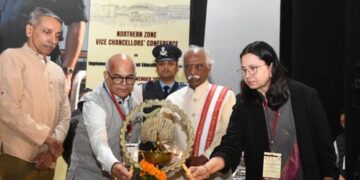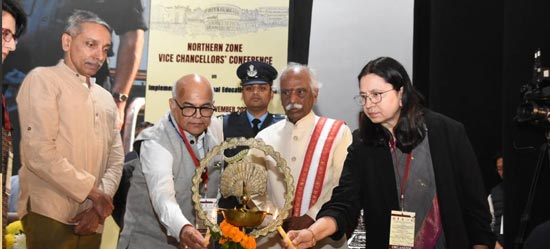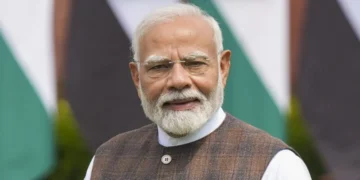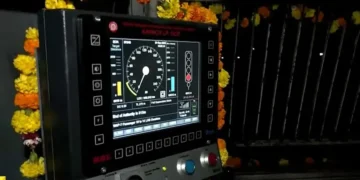 CHANDIGARH – The two-day Northern Zone Vice Chancellors Conference was held on the premises of Panjab University Chandigarh on November 22 and 23. The conference brought together vice-chancellors, academicians, and policymakers from across the northern region to discuss the challenges and opportunities of implementing the National Education Policy (NEP) 2020.
CHANDIGARH – The two-day Northern Zone Vice Chancellors Conference was held on the premises of Panjab University Chandigarh on November 22 and 23. The conference brought together vice-chancellors, academicians, and policymakers from across the northern region to discuss the challenges and opportunities of implementing the National Education Policy (NEP) 2020.
In his address to the conference, UGC Chairman Prof. Jagadesh Kumar emphasised the importance of inviting professors of practice to help in designing courses, given their vital industry expertise. He also announced the establishment of 5000 skill hubs across the country to provide skills training for all students, enhancing their employability. Additionally, he highlighted the development of e-content in regional languages and the significance of continuous feedback from students for teacher improvement. He also spoke about the e-Kumbh portal, a repository of UG course books in regional languages, and stressed the need for creating more regional language content.
The conference participants proposed a number of recommendations for the effective implementation of NEP 2020 that included:
·Multidisciplinary and Holistic Education: Reforming pedagogical activities, empowering teachers, and evaluating their capacity for improvement.
·Digital and Online Education: Delivering quality content, especially in practical courses, through simulation, virtual field visits, gamification, and visualisation.
·Skill Development and Employability: Aligning education with industry demand, collaborating with industry partners, fostering a startup culture, and embedding technology and professional practices.
·Research, Innovation, and Entrepreneurship: Integrating entrepreneurship development courses into the curriculum, synchronising these courses with semesters, and ensuring quality.
·Capacity Building of Teachers for Quality Education: Providing experiential learning and training through activities, case studies, and hands-on practical work.
·Governance and Autonomy: Ensuring adequate resource allocation, policy alignment, long-term vision, flexibility, and adaptability.
·Accreditation and Excellence: Creating a centralised single portal for comprehensive data collection, merging existing portals, and strengthening the mentor-mentee system.
·Equitable and Inclusive Education: Implementing affirmative action policies for Socially and Economically Disadvantaged Groups (SEDGs), creating flexible admission criteria, developing an inclusive curriculum, and providing skilling opportunities, especially for SEDGs.
·Indian Knowledge System and Indian Languages: Developing a platform to share IKS courses and best practices, either as a separate portal or under the UGC website.
·Internationalisation: Increasing functional and research collaboration, running summer schools, and seeking funding from CSR, alumni, and government sources.
On the sidelines of the conference Prof. Kumar had an interactive session with thirty three student ambassadors, known as NEP Saarthis, from eight universities in the Northern Region. In the course of his discussion with the student ambassadors, he emphasised the importance of freedom, choice, and flexibility for learners. He actively responded to their questions and encouraged them to engage with their peers.
The conference concluded with words of praise from UGC Joint Secretary Dr. Avichal Kapur for the host university. In his address, he also summarised various initiatives being undertaken by the UGC. He urged universities to form clusters to provide the best opportunities for students. The participating Vice Chancellors were unanimous in their agreement that concerted efforts are crucial for the successful implementation of NEP 2020 in its true spirit.


































